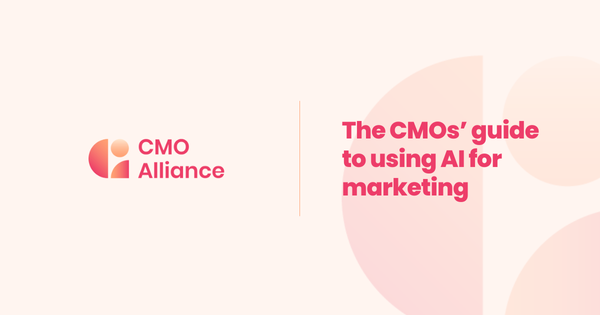Introduction to AI in marketing
By now it’s pretty much expected that CMOs and marketing leaders are engaging with AI for at least some marketing functions, whether it’s using generative AI like Chat-GPT to aid with content creation, predictive analytics to enhance your marketing campaign plans, conversational AI chatbots supporting your customer service, and more. Whatever the task at hand, AI is increasingly impacting the role of marketing leaders, how their teams work, and the marketing industry as a whole.
These changes require effective management from you as a CMO. Introducing an AI tool into your marketing tech stack isn’t as simple as just saying “Use the tools now.” You need to consider many things when AI joins the marketing team like data privacy, ethics, training, and even managing employee concerns over their job security.
But first and foremost, you need to know what AI’s marketing capabilities are, and how you can use the tools to drive your marketing and business goals.


Getting started with AI in marketing
One of the first things to consider when using AI in marketing is whether it’s actually going to help you achieve your marketing goals and drive business success. One of the most effective ways to do this is to ensure you’re aligned with your CEO on how and why AI should be utilized in the marketing department.
Next, you need to take into consideration your team. How can AI tools help them in their roles? Do they require training? Are there other roles needed to make sure AI is used effectively? And ultimately, are you being clear with them on how their roles might evolve in the future as AI becomes more and more commonplace in the marketing industry?


AI tools and technologies
Since the emergence of systems like Chat-GPT started making headlines, the number of marketing tools leveraging AI has ballooned.
As a marketing leader, it’s essential that you choose the right tools from this busy marketplace that can help you get the job done. There’s AI that can help make recommendations, cross-sell, and upsell your customers on eCommerce platforms, and develop content that will help with your buying process.
Chat-GPT has become a staple tool for producing marketing content, but we’re still a long way from it replacing the need for human content and copywriters. For now, AI is a tool to support your content creation efforts, not produce it all.
But while AI can’t produce all of your content, it can be incredibly effective for translating and localizing content for different markets. With human oversight, of course.

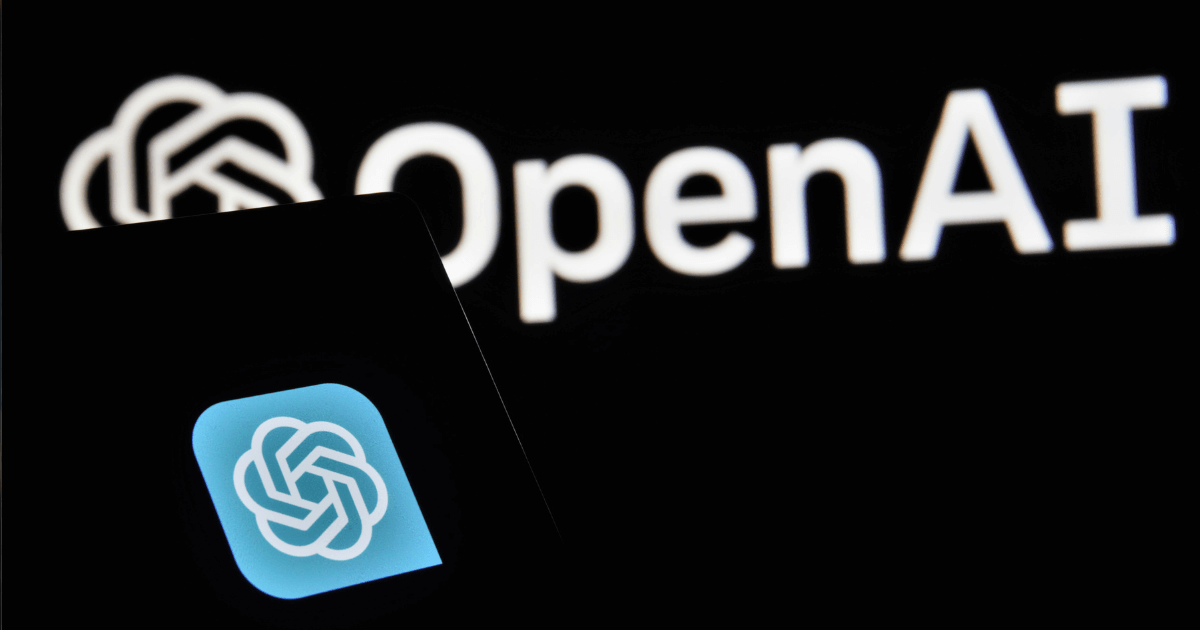
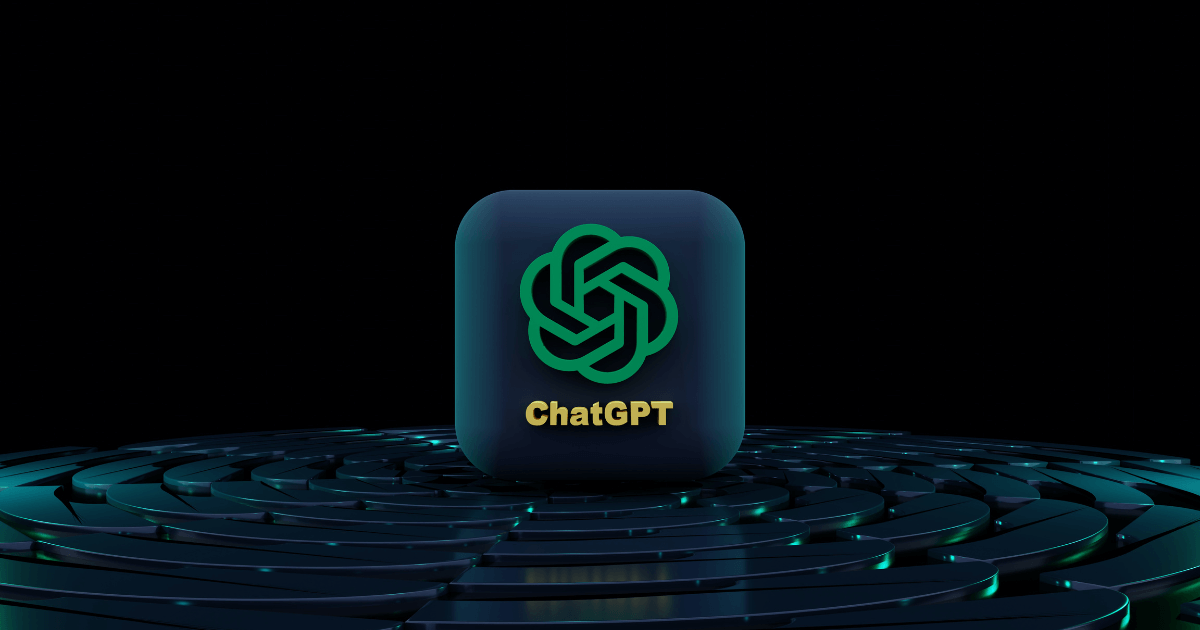

Ethical considerations and challenges
We’re still in the very early stages of widespread AI usage, and as such we’re in the very early stages of uncovering the ethical concerns around AI, too. This includes things like data privacy, intellectual property rights, replacing human workers, and more.
Many countries and regions are working on regulations and laws that will potentially impact how AI can be utilized for marketing.
By taking into account the ethical considerations now, you’ll be better placed to deal with restrictions and regulations that might come in the future.


Practical uses for AI in marketing
Even in these early stages, AI can have a major impact on your marketing, both internally and externally. Internally, AI tools can be used to connect and analyze frequently siloed data. Doing so can allow your marketing departments to collaborate and support other departments much more effectively.
Externally, AI enables you to both gain a much deeper understanding of your customers, and then, in turn, speak directly to them, in their native language, whether that’s through translations and localization, or conversational chatbots.


Future of AI in marketing
AI’s capabilities are rapidly evolving. So much so, it can be tough to keep pace. But as a CMO, it’s important for you to stay on top of what’s being promised, what’s actually possible, and what might happen in the future.
It’s clear that AI has already had a major impact on marketing, and will continue to do so for the foreseeable future.


Resources and further reading
We’ve compiled insights from marketing leaders on how you can approach AI in a strategic, high-level manner as a CMO into our CMO’s AI Playbook.
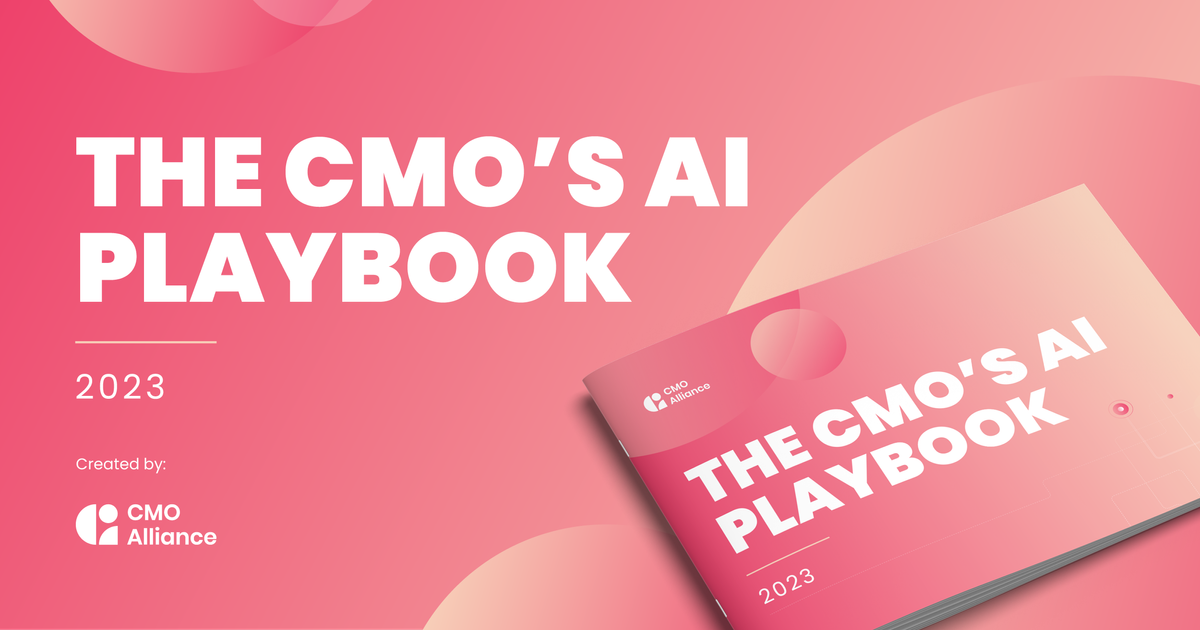
AI is a popular topic on our CMO Convo podcast. If you’re looking for audio content on how top marketing leaders are tackling the opportunities and challenges of AI, make sure you subscribe on your preferred podcast platform.
Here are a couple of episodes to get you started:
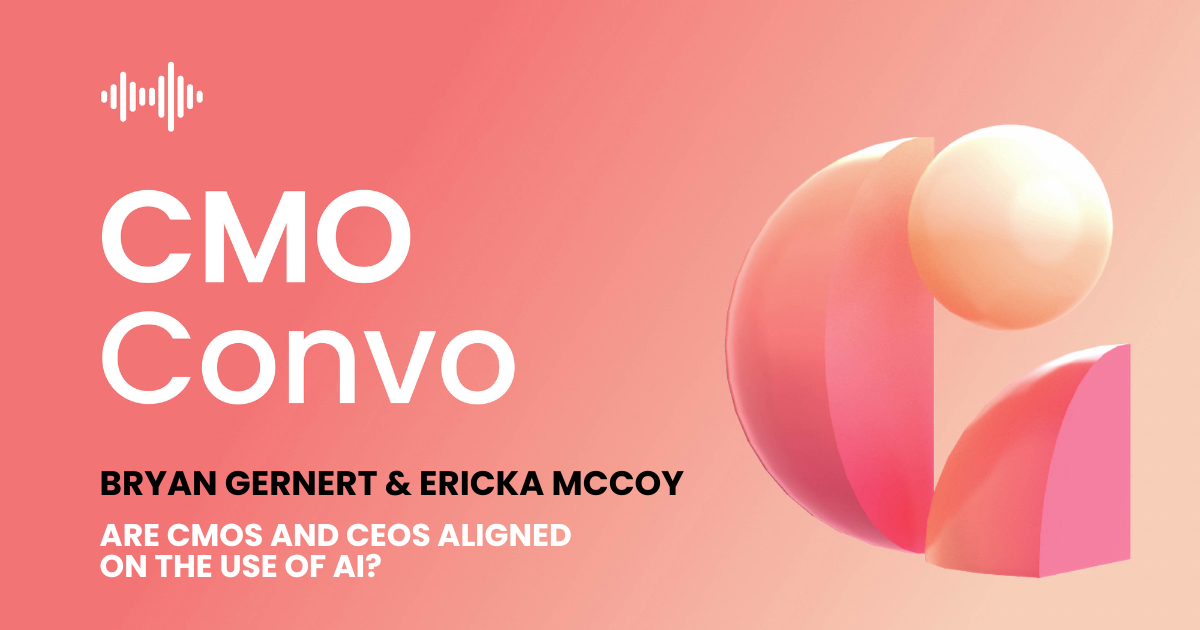
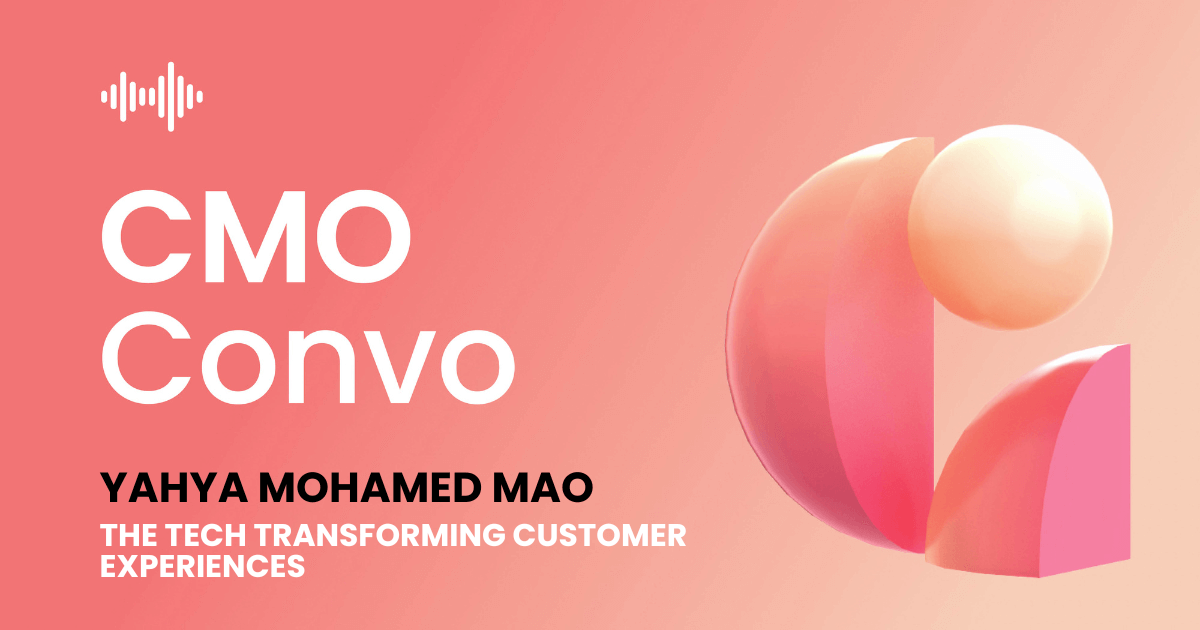
Conclusion
With everything going on with AI in marketing, there’s one thing you need to keep in mind: The importance of humanity.
AI can be a fantastic tool for marketers, but it’s not a replacement for the impact human creativity can have. AI still requires large amounts of human insight, and your customers (whether B2B or B2C) are becoming increasingly savvy at spotting AI-generated content.
Use AI to enhance the skills of your human marketers to build real, genuine connections. That’s the secret to success in the world of AI marketing.

Want to stay ahead of the curve on AI's applications in marketing? Join a global network of marketing leaders who are tackling all the new challenges and opportunities in this brave new world of AI-driven marketing.




 Follow us on LinkedIn
Follow us on LinkedIn


